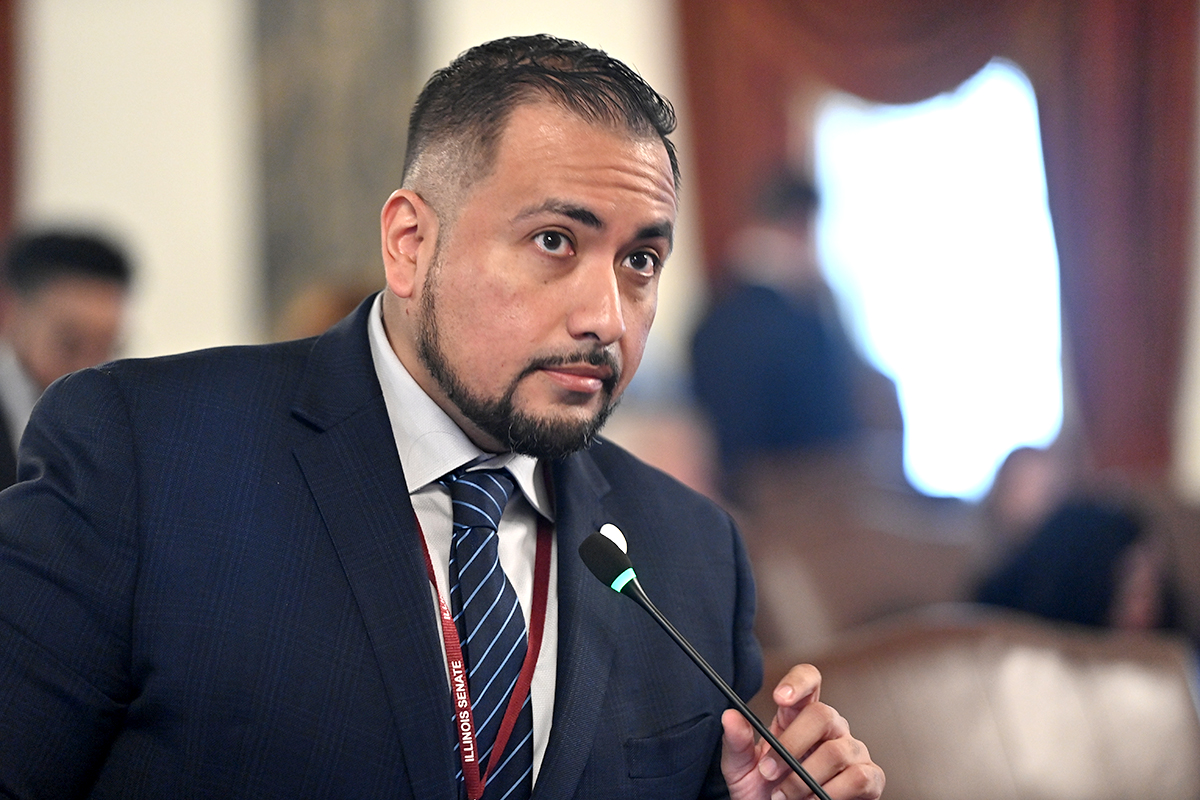
SPRINGFIELD – To clarify and provide more transparency on criminal possession charges, State Senator Javier Cervantes is moving legislation to retitle these charges to more accurately reflect the nature of the crimes.
“With this change, we can provide more clarity around criminal charges, and in turn, more support for those charged – particularly minorities who are disproportionately arrested for these crimes,” said Cervantes (D-Chicago). “The unlawful use of a weapon might seem like it indicates violent activities, while in reality these charges could be as simple as possessing a firearm at the time of arrest. By clarifying the name of these charges, we can help impacted individuals find better access to supportive services.”
According to Cabrini Green Legal Aid, more than 86,500 people have been arrested and more than 33,000 were convicted of unlawful use of a weapon in Illinois since 2009. This disproportionately impacts people and communities of color, with Black individuals comprising 69% of all people arrested for UUW, and negatively affects people’s ability to secure housing and employment.
House Bill 4500 would change the title of the “unlawful use of a weapon” offense to “unlawful possession of a weapon” in the Criminal Code, along with several similarly named criminal offenses. The legislation would also change the title of the “armed habitual criminal” offense to “unlawful possession of a firearm by a repeat felony offender.” The bill does not change the definitions, penalties or any other elements of the offenses.
“By changing the language around possession of a firearm, we can help decrease recidivism by giving convicted individuals more access to housing and employment – two of the greatest factors in reducing repeat offenders,” said Cervantes. “By increasing transparency around these charges, our goal is to empower nonviolent offenders to be able to access support and employment opportunities when they are released.”
House Bill 4500 unanimously passed the Senate on Wednesday and is one step closer to becoming law.













 © 2026 Illinois Senate Democratic Caucus
© 2026 Illinois Senate Democratic Caucus